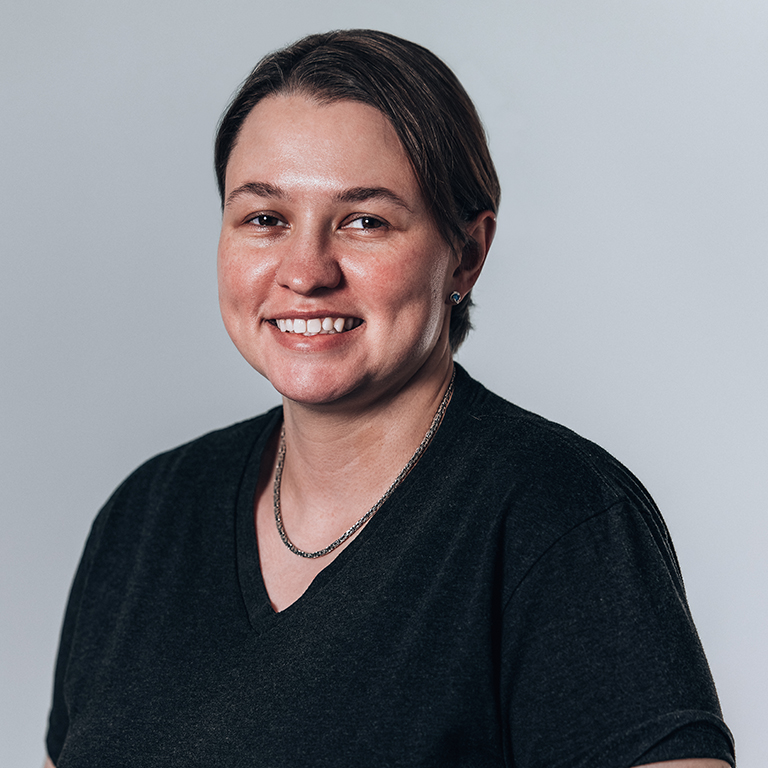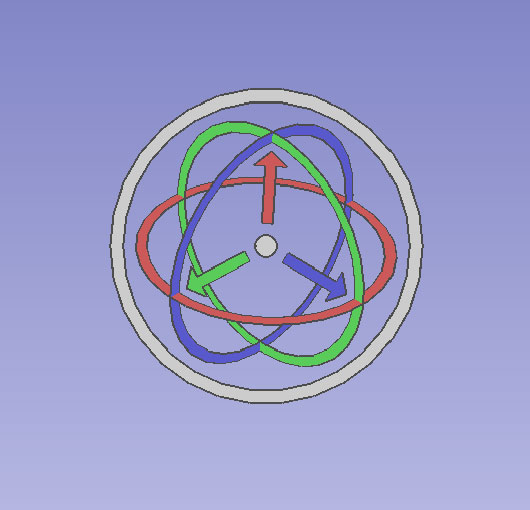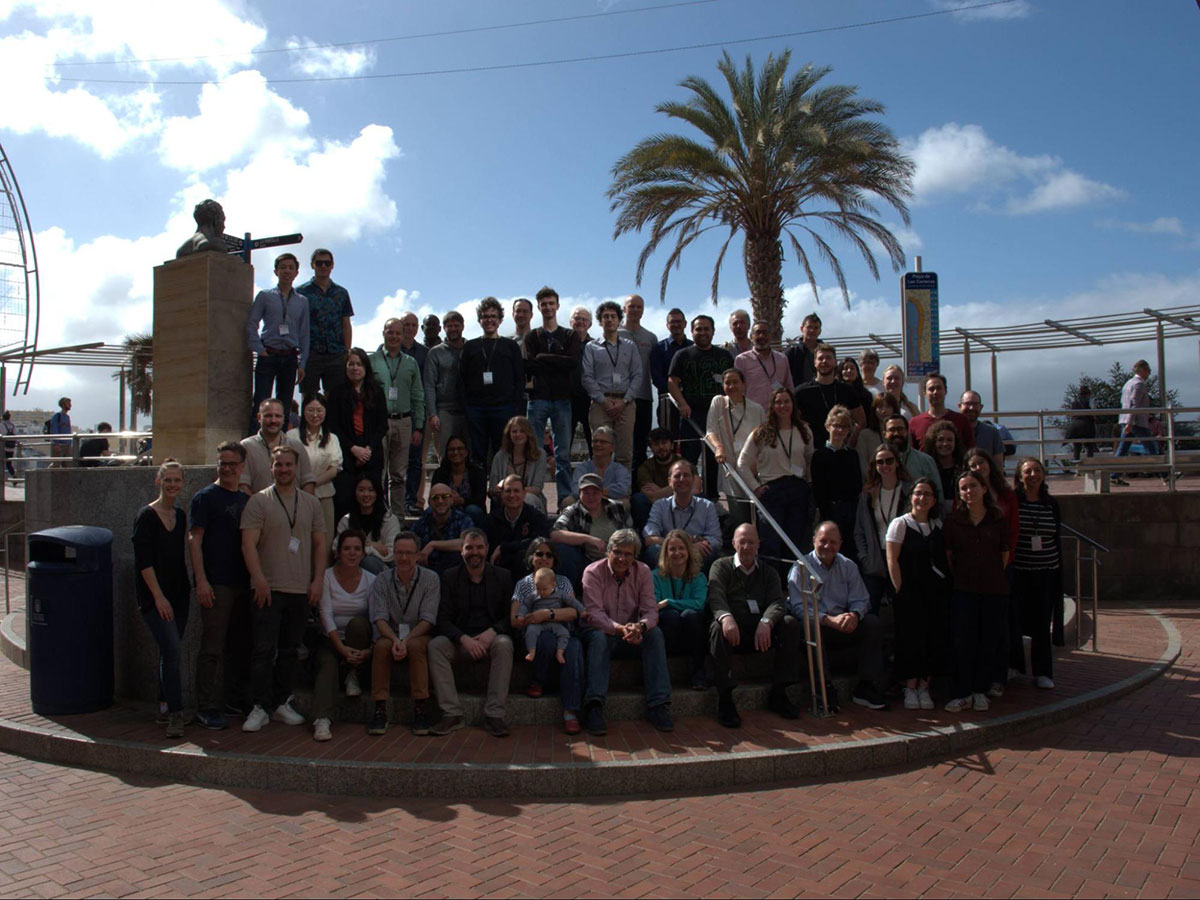Meet the Team
Samantha Horvath, Ph.D.
Principal Engineer
Kitware North Carolina
Carrboro, NC
Ph.D. in Robotics
Carnegie Mellon University
M.S. in Robotics
Carnegie Mellon University
B.S. in Bioengineering
University of Pittsburgh
Samantha Horvath is a principal engineer on Kitware’s Medical Computing Team located in Carrboro, North Carolina. Samantha has been the lead developer on many of Kitware’s 3D Slicer custom application projects, including grant-funded research tools, commercial medical device software, and training simulators. Throughout these projects she worked to develop a streamlined process for customizing 3D Slicer, along with providing training resources for other developers.
Samantha also interacts with the robust community around 3D Slicer. She moderates the Slicer discourse forums, organizes weekly developer meetings and the twice yearly Slicer Project Week conference.
Her other research focuses at Kitware have included ultrasound device integration and image processing, robotics-based medical devices and haptics enabled medical procedure trainers.
Prior to joining Kitware, Samantha was a postdoctoral fellow at Carnegie Mellon University. There, she worked on the development of haptic devices for the visually impaired.
Samantha received her Ph.D. and master’s degree in robotics from Carnegie Mellon University. She received her bachelor’s degree in bioengineering with a minor in computer science from the University of Pittsburgh.
Awards
National Science Foundation (NSF) Graduate Research Fellowship Program (GRFP) Fellow 2012-2016
Publications
- É. Léger, S. Horvath, J. Fillion-Robin, D. Allemang, S. Gerber, P. Juvekar, E. Torio, T. Kapur, S. Pieper, S. Pujol, R. Bardsley, S. Frisken, and A. Golby, "NousNav: A low-cost neuronavigation system for deployment in lower-resource settings," International Journal of Computer Assisted Radiology and Surgery, vol. 17, no. 9, pp. 1745-1750, May 2022. [URL]
- S. Horvath, V. Arikatla, K. Cleary, K. Sharma, A. Rosenberg, and A. Enquobahrie, "Towards an advanced virtual ultrasound-guided renal biopsy trainer," in Medical Imaging 2019: Image-Guided Procedures, Robotic Interventions, and Modeling, 2019. [URL]
- A. Enquobahrie, S. Horvath, S. Arikatla, A. Rosenberg, K. Cleary, and K. Sharma, "Development and face validation of ultrasound-guided renal biopsy virtual trainer," Healthcare Technology Letters, vol. 6, no. 6, pp. 210-213, Dec. 2019. Winner, Outstanding Paper Award. [URL]
- D. Chittajallu, A. Basharat, P. Tunison, S. Horvath, K. Wells, S. Leeds, J. Fleshman, G. Sankaranarayanan, and A. Enquobahrie, "Content-based retrieval of video segments from minimally invasive surgery videos using deep convolutional video descriptors and iterative query refinement," in Medical Imaging 2019: Image-Guided Procedures, Robotic Interventions, and Modeling, 2019.
- V. Arikatla, S. Horvath, Y. Fu, L. Cavuoto, S. De, S. Schwaitzberg, and A. Enquobahrie, "Development and face validation of a virtual camera navigation task trainer," Surgical Endoscopy, Oct. 2018. [URL]
- S. Horvath, B. Paniagua, J. Andruejol, A. Porras, M. Linguraru, and A. Enquobahrie, "Osteotomy planner: an open-source tool for osteotomy simulation," in SPIE Medical Imaging, 2018. [URL]
- R. Clipp, J. Vicory, S. Horvath, S. Mitran, J. Kimbell, J. Rhee, and A. Enquobahrie, "An Interactive, Patient-Specific Virtual Surgical Planning System for Upper Airway Obstruction Treatments," in Proceedings of the Annual International Conference of the IEEE Engineering in Medicine and Biology Society, 2018. [URL]



